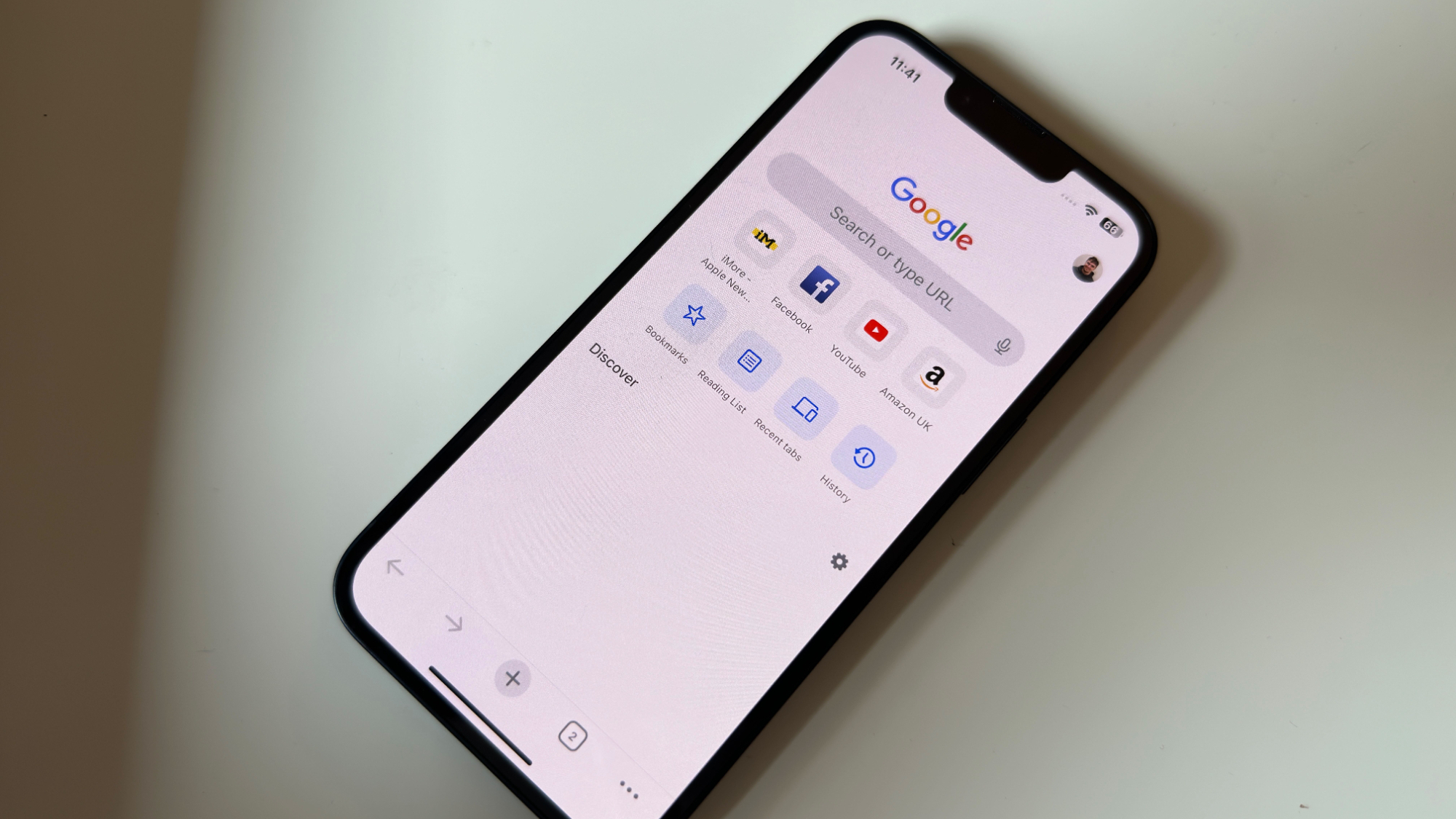
Google has just confirmed it plans to give up on a four-year initiative to end cookies on its Chrome web browser, and will instead look to a new Privacy Sandbox with prompts to let users determine how they’re tracked across its platforms.
In January 2020 Google hailed its path to “building a more private web,” announcing that cookies — tiny packages of information that can used to track user behavior — were headed for the door. The company touted the move as a plan “to build a more trustworthy and sustainable web together,” following both Apple and Mozilla in blocking cookies by default on their browsers.
Now, Google says it has changed its plan following feedback from “a wide variety of stakeholders,” and is no longer planning to deprecate third-party cookies.
Google puts its hand back in the cookie jar
Google has received fairly strong pushback against the move and was asked to pause the rollout by UK regulators in February. The plan has been delayed multiple times previously. Google said it had received “feedback from a wide variety of stakeholders, including regulators like the UK’s Competition and Markets Authority (CMA) and Information Commissioner's Office (ICO), publishers, web developers and standards groups, civil society, and participants in the advertising industry.”
Instead, Google is now looking to leverage a system similar to Apple’s popular App Tracking Transparency measures, which lets users select whether or not they’re tracked using an identifier with an app-level setting.
The news will be a huge boon to Apple as it continues to tout the privacy of its own Safari web browser on iPhone, iPad, and Mac. The company recently launched a not-so-subtle ad campaign targeting Google Chrome with the strap “your browsing is being watched.” As noted, Apple’s browser blocks cookies by default when you’re browsing. Google’s row back on its own plans now means Apple boasts a significant privacy advantage over Chrome.







